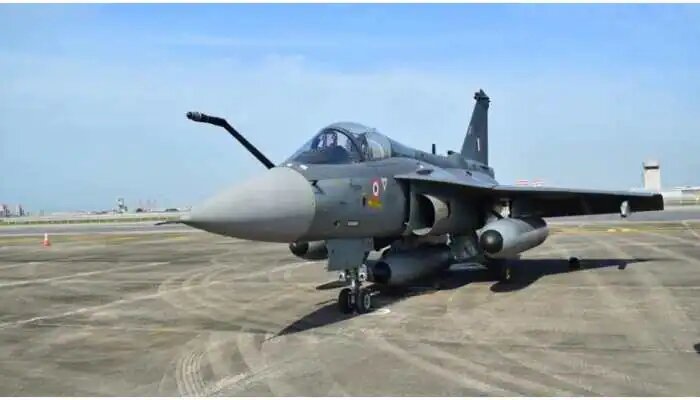Malaysia has given Korea Aerospace Industries (KAI) a contract worth $920 million to supply 18 planes for its Fighter Lead-In Trainer-Light Combat Aircraft (FLIT-LCA) programme.
The FA-50 Golden Eagle, a weaponized version of the T-50 trainer, will be delivered by KAI in 2026. After a competitive bid process that included India’s Tejas fighter jet made by Hindustan Aeronautics Limited, the decision was made (HAL).
“We made the short list for the LCA contract in Malaysia. We were hopeful because we were very competitive in many ways, but this didn’t work out for us,” HAL sources said.
The FA-50 Golden Eagle was chosen because it has a good track record and a good name. The Philippine Air Force has used it in a number of missions against militants, including the Marawi campaign in 2017.
This operational experience is expected to be very important for the Royal Malaysian Air Force (RMAF), which is likely to use the aircraft for air patrols and interceptions because its main fighters, the F/A-18 Hornet and the SU-30 Flanker, are not always available and because the Multi-Role Combat Aircraft (MRCA) programme has been put on hold because of budget problems.
Even though the Tejas fighter jet costs about US$28 million less and has more capabilities in areas like range and service ceiling, Malaysia chose the FA-50 because of its well-known brand name and proven capabilities. There are about 200 FA-50 planes in use right now by South Korea, Iraq, and ASEAN countries like Indonesia, the Philippines, and Thailand. Colombia, which is in South America, just ordered 20 FA-50s, and KAI is sure it will be able to sell FA-50s to Egypt, which will be its first deal in Africa.
The FA-50 is the first step in Malaysia’s Capability Development Plan 2055 (CAP55), which is a plan to change the country. The roadmap shows that Malaysia wants to buy a total of 36 planes as part of the FLIT-LCA initiative. This could mean buying another 18 FA-50s. As part of CAP55, the RMAF plans to reduce the number of types of combat aircraft from five to two (the MRCA and FLIT-LCA) to cut down on operating costs.
